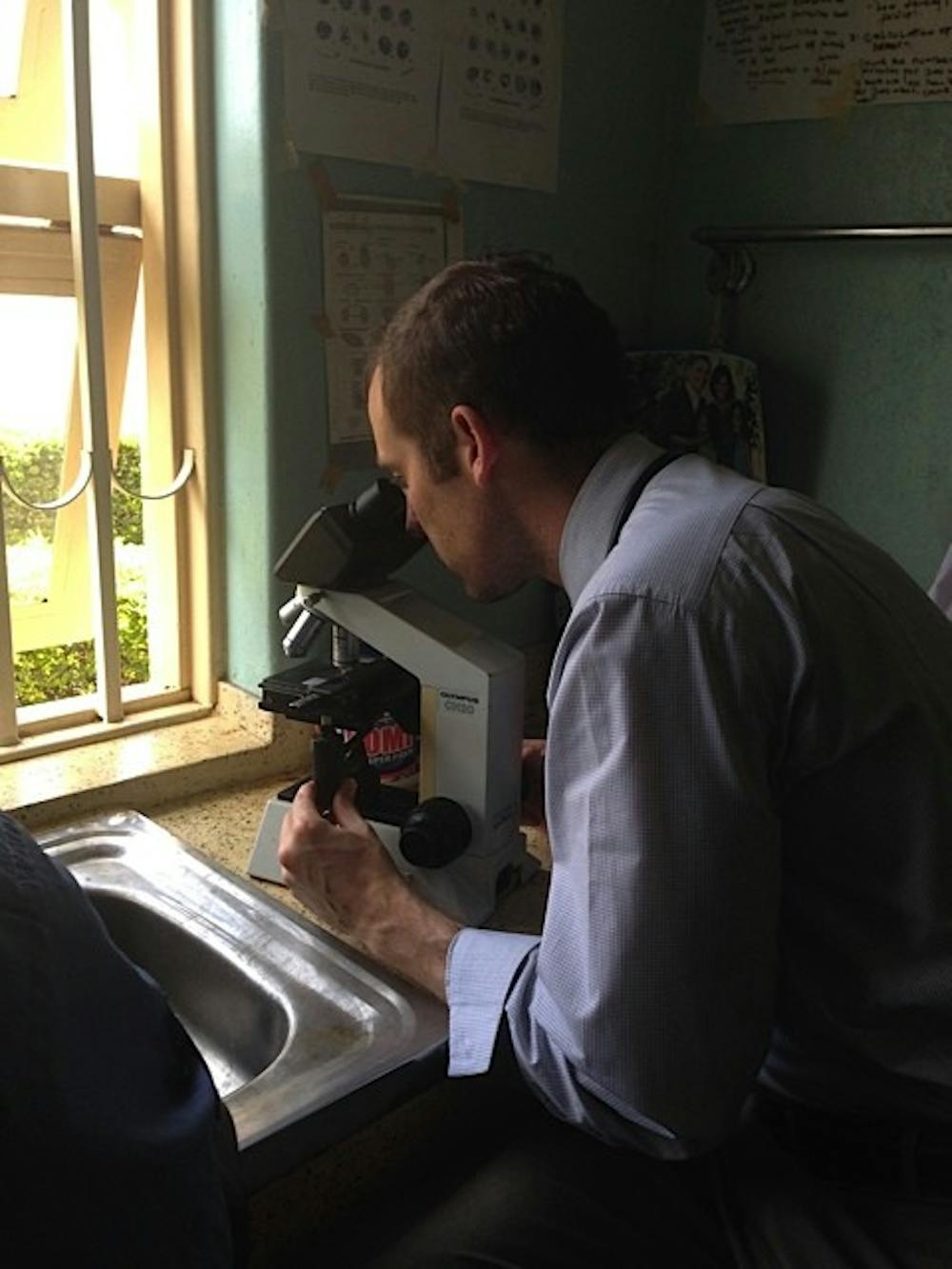Innovation is alive and well in the research endeavors by UNC professors. From a skin patch that dissolves fat, a rapid diagnostic test for malaria that saves children’s lives, expansive HIV intervention and revolutionary findings in bronchitis and mucins, UNC researchers lead the way in improving patients’ lives and increasing knowledge within their fields. With all the research coming out the University, here are the studies to know about.
Skin patch in mice proves hopeful for combatting obesity
In a study led by Zhen Gu, a professor in the UNC-NC State Department of Biomedical Engineering and Li Qiang, an assistant professor of pathology and cell biology at Columbia University, a possible treatment for obesity and diabetes was studied via the design of a small skin patch on obese mice populations.
“This is a different kind of approach to reduce the white fats to the brown ones so people can lose weight, get rid of fat and reduce complications,” Gu said.
The design behind the patch promotes browning, a process that occurs when white fat, which stores energy, turns into brown fat that burns energy. Gu and Qiang are still working towards finding out which combination of drugs works best for mice before bringing their ideas to a human trial.
Technology leads the way for HIV patient intervention
One research study that works directly in the lives of humans is active at the UNC/Emory Center for Innovative Technology (iTech). iTech just received an additional $13 million from the National Institutes of Health (NIH) to continue efforts in developing interventions for youth at risk for or living with HIV, some of which include apps focused on the exposure among adolescents as well as on HIV testing and delivery of home tests.
“Technology is pervasive,” said Lisa Hightow-Weidman, the project’s principal investigator and UNC professor in the Division of Infectious Diseases. “It's embedded into the lives of youth and it's comfortable and familiar, and our view is that while it may not be always enough to completely change the health behaviors we're targeting, it's really a way to engage them in conversation, and for some, it's really a way to impact behavior change.”
10 years of research is going even further to help lung disease patients



